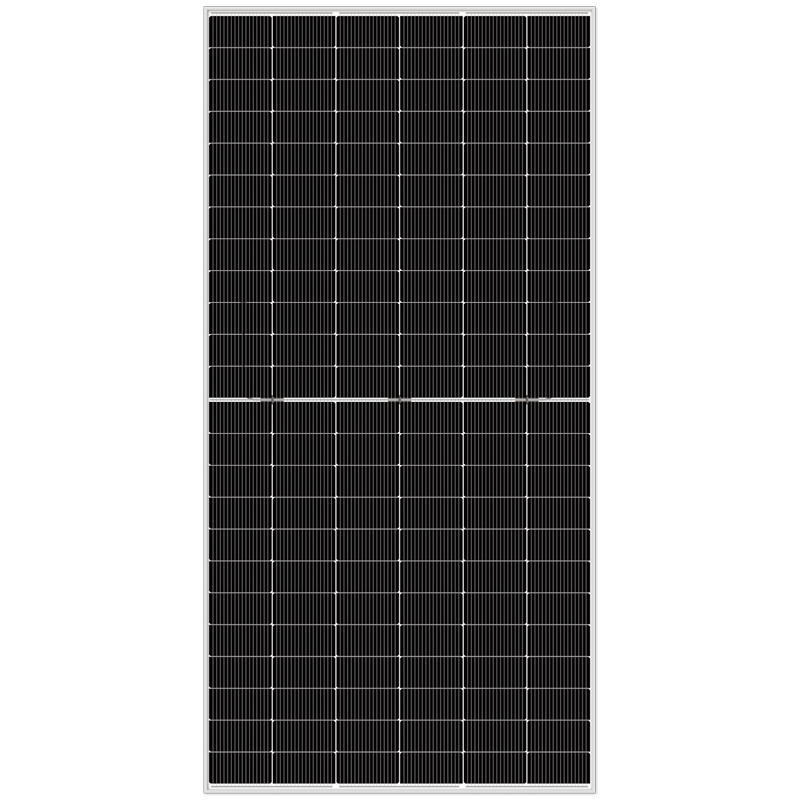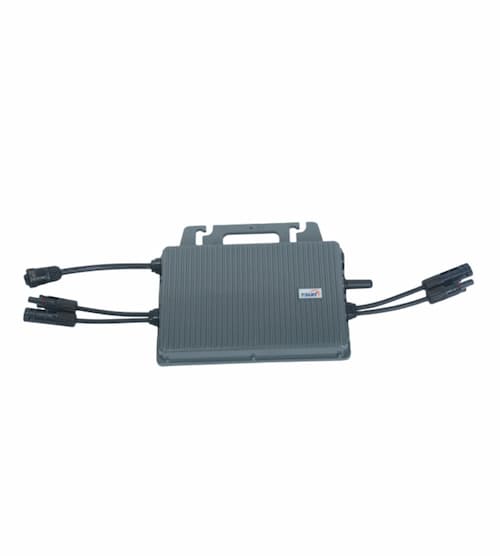Solar Carports : What Are the Pros & Cons

The Solar Energy Industries Association (SEIA) has set an ambitious target for the United States to generate 30% of its electricity from solar power by 2030. One innovative application that is gaining significant traction in achieving this goal is the solar carport. Solar installation companies looking to expand their operations should seriously consider adding solar carport installations to their list of photovoltaic (PV) installation services. With solar panel prices remaining low and electric vehicle (EV) sales on the rise, the demand for solar panel carports is expected to grow substantially in the coming years.In this article, we will delve into what a carport with solar panels is, how it works, and explore its advantages and disadvantages.
What Is A Solar Carport?
A solar carport is a covered parking area featuring a canopy made from photovoltaic (PV) panels, enabling efficient use of space by combining vehicle parking with solar energy generation. This innovative design allows property owners to harness renewable energy while providing shade and protection for vehicles. The PV panels are strategically positioned on the carport’s roof to maximize exposure to sunlight, ensuring optimal energy production throughout the day.
Often, a carport with solar panels is enhanced with electric vehicle (EV) chargers, facilitating the charging of EVs using clean energy. This integration not only supports the growing trend of electric vehicles but also ensures that the energy used to charge these vehicles is sustainable and eco-friendly. The combination of solar panels and EV chargers creates a synergistic system that promotes both energy efficiency and environmental responsibility.
Residential solar carports can range from single-spot designs, typically found in driveways, to larger commercial setups that can cover entire parking lots. Single-spot designs are ideal for homeowners with limited space, providing a compact solution for generating solar energy and protecting a single vehicle. Larger commercial setups, on the other hand, are perfect for businesses, schools, and public facilities, offering extensive coverage for multiple vehicles while generating significant amounts of electricity.
Some manufacturers offer DIY solar carport kits, enabling homeowners to assemble and install their own systems, which can significantly save on installation costs. These kits are designed to be user-friendly, with clear instructions and pre-cut components, making the installation process accessible even for those with minimal construction experience. By opting for DIY kits, homeowners can take a hands-on approach to their renewable energy investments, ensuring that the installation meets their specific needs and preferences.
These residential solar carport solutions make investing in renewable energy easier for environmentally-conscious homeowners while enjoying the benefits of covered parking. Not only do they provide a practical and cost-effective way to generate clean energy, but they also enhance the aesthetic and functional value of a property. Whether it’s a small carport in a driveway or a large commercial setup, solar carports represent a forward-thinking solution that combines modern technology with practical utility, making them an attractive choice for a wide range of applications.

The Benefits of a Solar Carport
Carports with solar panels offer a dual-purpose solution by providing shade for parked vehicles while generating clean, renewable energy from the sun.
- Lower Energy Bills
Solar canopies can easily turn unused parcels into mini power plants. Like rooftop solar installations, clients can generate on-site renewable energy instead of buying power from the utility company. As a result, solar carport owners benefit from monthly electricity bill savings
With enough installed capacity, users could even sell excess solar energy back to their electric company through incentive programs like net energy metering.
- Efficient Use Of Space
Ground-mounted solar projects take up valuable land, with the space underneath rarely providing much additional benefit, except when combined with agrovoltaics. Similarly, the average parking lot isn’t terribly productive (even when cars are parked there).
Solar carports offer the best of both worlds – allowing users to optimize limited real estate by transforming unproductive parking spots into renewable energy-generation facilities. If more commercial solar carports are installed on parking lots, it decreases the need to convert agricultural land to solar farms.
- Protect Vehicles From The Elements
In addition to generating low-cost clean energy, a solar carport also provides protection from inclement weather. On the hottest days of the year, solar carports help shade vehicles, resulting in more comfortable commutes for their drivers. For this reason, they are especially popular in hot, sunny climates like Southern California, New Mexico, and Arizona. Likewise, solar carports provide protection from rain, sleet, ice, hail, and snow, helping to prolong the useful life of the cars underneath.
- EV-Charging & Solar Carports
Commercial and residential solar carports can be integrated with EV-charging infrastructure. Homeowners with carports enjoy peace of mind in knowing that their EVs are charged with renewable power and don’t produce greenhouse gas emissions. Business owners who install commercial solar carports with EV chargers can have a new revenue stream and an additional amenity to offer customers.
- Solar Power Generation
Although solar parking canopies have a higher price tag, they can be ideal for certain applications where a rooftop solar system wouldn’t have enough capacity or would be excessively shaded. Plus, solar installers can often orient the carport in the optimal direction to maximize sun radiation – and by extension, solar power generation, carbon offsets, and monthly utility bill savings.

The Disadvantages of a Solar Carport
Although they have many advantages, there are some cons to installing solar parking canopies.
- Greater Material Costs
Whereas rooftop solar projects usually have relatively modest racking system costs, carports with solar panels need a more substantial structure. The starting price of the carport is usually at least a couple thousand dollars but can be tens of thousands for larger commercial solar carports.
- Solar Carport Installations Are More Labor Intensive
Installing solar panels on a carport usually requires more time than completing a rooftop PV project. This is especially true if the solar installation crew is less familiar with assembling carports and mounting the solar panels on them.
- Space Requirements of a Solar Panel Carport
Although not all rooftops are well suited for PV panels, not all properties are well suited for solar parking canopies. Finding available space for a carport can be especially difficult in urban locations where land is limited. For this reason, commercial solar carports on parking lots are especially appealing. Easier to Expand
Conclusion
Whether you’re looking for a carport solar system or rooftop solar, you’ll want to compare quotes from installers. Our website help you to find a system that meets your needs at the right price. Please contact us.




